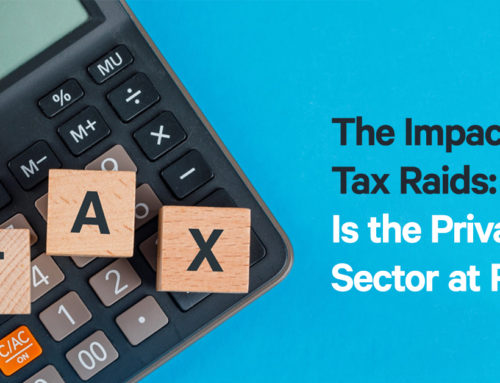The coronavirus pandemic caused many businesses to close temporarily and many employees were placed on the government’s furlough scheme. The period the business is closed is known as a lay-off and during this time, employees are entitled to receive their normal pay throughout the lay-off. However, some employee contracts have a clause that allows an employer to lay-off staff without pay, i.e. if there is no work available for them, or an employee can agree to being laid off and not receiving pay. Let’s look at employee rights during a temporary business closure in more detail.
What is a lay-off period?
Contrary to what a lot of people believe, being laid off from work is not the same as being made redundant. With redundancy, an employee is dismissed either because their job is no longer required or the business has closed down and ceased to exist.
Laying-off employees is usually the result of a major incident, such as a flood or a pandemic, or because the business does not have sufficient work for employees that work full-time. Usually, it is only a temporary period – the recent Covid-19 pandemic is a good example where employees accepted a laying-off period over redundancy and received their pay via the business and the furlough scheme.
It is important to remember that during a lay-off period, the worker is still employed by the company but after a certain period of time, they are allowed to claim statutory redundancy pay (SRP) from the company.
In some cases, although it is rare, some employee contracts include a clause that allows the employer to lay-off their staff without pay for a period of time. If this is the case, it is likely to be in manufacturing when businesses can suffer from ‘quiet’ periods, which are often seasonal, and the company does need as many staff to cover the current workload.
Also known as short-time working, employees laid off during a temporary business closure are entitled to receive payment during the period. Known as statutory guarantee pay, you can receive guarantee pay from the government, as long as you meet their eligibility criteria.
What is statutory guarantee pay?
If you have been laid-off work during a temporary business closure, and if your company doesn’t have a guaranteed payment scheme, employees are entitled to claim statutory guarantee pay from the government (also known as statutory lay-off pay). The eligibility criteria are:
- You have been employed by the company for at least one month on a continuous basis (this includes part-time workers).
- You can prove that you have reasonably made yourself available for work.
- You have not refused any reasonable work alternative, including work that may not be in your contract.
- You have not been laid-off due to industrial action.
Currently, the maximum statutory guarantee pay you can receive is £31 a day for five days in any three-month period. However, if your normal rate per day is lower than this figure, you will receive that rate instead. For part-time employees, your daily rate of pay is calculated proportionally to the hours you work.
Rules about being laid-off in a contract are known as a collective agreement which is included and detail the statutory minimum legal protection. This agreement is usually set up between your employer and respective union. However, if you do agree to a temporary lay-off and it involves a cut in your normal rate of pay, it must be written in a clear agreement that ensures:
- The temporary business closure arrangement is for a short period of time and details when it will end.
- Any notice or redundancy payments (if the temporary business closure results in this route, which can sometimes be unavoidable) will be based on the rate of pay you would normally receive for the standard hours in your contract before the lay-off period.
Statutory guarantee payments are not made if the employee has worked for less than a month with the company, or has refused alternative work or as a result of any industrial action.
In many cases, employees that have been laid-off are allowed to work for other companies during this period, as long as it is not for a competitor and the employer is aware of this, and agreed to it. However, should you be laid off, your employer can offer you work at a later date or after the agreed laying-off period, the employee should take up the work again.
Employee rights if lay-off or short-time working not in the contract
If you have an employment contract that does not allow your employer to lay you off work during a temporary business closure, and you do not receive your entitled normal pay or you’re laid off without pay, employees are able to sue the company for breach of contract as well as other employee rights.
If you have been laid-off without pay or your employer has not paid you but your contract includes a collective agreement, employees are entitled to:
- Resign from the role and claim constructive unfair dismissal due to a breach of employment contract, i.e. the employer not paying the employee and forcing unreasonable changes to the agreed conditions of employment without agreement (it should be noted that the court will expect that all reasonable efforts have been made to resolve the situation before constructive dismissal is claimed).
- Claim and unlawful deduction in wages – in this instance, the employer must go through the company’s internal grievance procedure before they can make this claim to an Employment Tribunal within a three month period.
It is worth noting that whilst an employee is challenging an employer’s failure to make guarantee payments or a claim is ongoing with an Industrial Tribunal, the employee cannot be dismissed or made redundant during this period.
If you have been laid-off and are not sure of your legal position, or if you are struggling with corporate or personal debt and unsure what the right route is to deal with your creditors, the first step is to seek professional advice. Our highly experienced professionals at Leading are on hand to help with advice on managing personal and professional insolvency matters. Contact us today and discover how we can help you.






